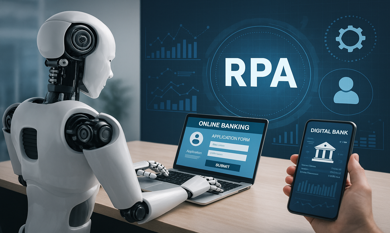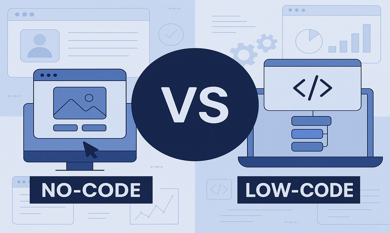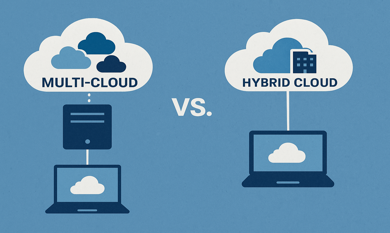The business landscape is evolving rapidly, and Artificial Intelligence (AI) is no longer just a supportive technology. Instead, it has become the core of how enterprises innovate, operate, and grow. The concept of AI-native enterprises is gaining traction, referring to businesses that integrate AI across every function, decision-making process, and customer interaction.
Unlike traditional companies that “adopt AI,” AI-native enterprises are built on the foundation of intelligent systems. They leverage Generative AI, Agentic AI, and Predictive AI not as separate tools, but as a unified strategy to drive efficiency, personalization, and innovation.
What Are AI-Native Enterprises?
AI-native enterprises are organizations that treat AI as their operational backbone. Rather than using AI only for isolated projects, they embed intelligence into workflows, customer journeys, and decision-making systems.
Key characteristics of AI-native enterprises include:
- Continuous learning from data and user interactions.
- Decision-making powered by predictive analytics.
- Automation of complex workflows through agentic AI.
- Personalized customer experiences through generative AI.
- Agility in adopting new technologies and frameworks.
Example: Think of companies like Netflix or Amazon. Their recommendation engines, pricing models, and supply chain decisions are not afterthoughts. They are powered entirely by AI models that continuously learn and adapt.
Generative AI: Creating New Value
Generative AI focuses on creating new content, whether it is text, code, images, or even product designs. For enterprises, this technology is about more than just automation. It unlocks new ways of innovating.
Business applications include:
- Marketing: Automatically generating ad copy, visuals, and campaigns tailored to customer preferences.
- Product design: Creating prototypes based on customer feedback and market demand.
- Customer support: Enabling AI-driven chatbots that can hold natural, human-like conversations.
For enterprises, Generative AI development services ensure faster time to market, reduced operational costs, and enhanced creative capacity without overburdening human teams.
Agentic AI: Driving Autonomous Operations
Agentic AI represents the next evolution of automation. Instead of simply executing predefined tasks, agentic systems can reason, plan, and take actions to achieve goals.
Business applications include:
- Customer service: Virtual agents capable of resolving multi-step queries without human intervention.
- Supply chain: AI agents monitoring inventory and reordering supplies autonomously.
- Finance: Automated compliance checks, fraud detection, and transaction monitoring.
Enterprises adopting Agentic AI Development Services in Dallas can achieve higher efficiency, minimize errors, and provide 24/7 autonomous decision-making, which is critical in industries such as logistics, healthcare, and finance.
Predictive AI: Powering Proactive Decisions
Predictive AI uses machine learning models to anticipate future trends, customer behaviors, or potential risks. For AI-native enterprises, predictive models enable businesses to act before challenges arise or opportunities are missed.
Business applications include:
- Retail: Forecasting demand and optimizing inventory.
- Healthcare: Predicting patient readmission risks or treatment outcomes.
- Manufacturing: Anticipating machine failures through predictive maintenance.
Enterprises investing in Predictive AI development services gain a competitive edge by moving from reactive strategies to proactive ones, ensuring better customer satisfaction and operational efficiency.
Why AI-Native Enterprises Need All Three Together
While each AI capability, Generative, Agentic, and Predictive, offers significant value, their true potential is realized when combined:
- Generative AI creates content and insights.
- Agentic AI executes actions based on reasoning and goals.
- Predictive AI informs strategies by analyzing future possibilities.
Example: In retail, predictive AI can forecast demand, generative AI can create tailored product recommendations and ads, and agentic AI can manage autonomous pricing and inventory adjustments. Together, they form a self-sustaining ecosystem of intelligence.
Industry Use Cases of AI-Native Enterprises
1. Healthcare
Hospitals are integrating predictive AI to forecast patient risks, generative AI to draft medical reports, and agentic AI to automate appointment scheduling. This leads to better patient outcomes and reduced administrative workload.
2. Finance
Banks use predictive AI to detect fraud, generative AI to craft personalized financial plans, and agentic AI to handle loan approvals and compliance autonomously.
3. Manufacturing
Factories leverage predictive AI for maintenance, generative AI for product prototyping, and agentic AI for managing supply chain logistics.
4. Retail
Retailers apply predictive AI to forecast trends, generative AI for personalized marketing, and agentic AI for autonomous restocking and pricing strategies.
Benefits of Becoming an AI-Native Enterprise
- Speed and efficiency: Automating workflows saves time and costs.
- Customer experience: Hyper-personalized engagement increases loyalty.
- Resilience: AI enables businesses to anticipate risks and adapt quickly.
- Scalability: AI-powered systems can grow seamlessly with business needs.
- Innovation: Unlock new business models and services.
Challenges to Overcome
Becoming an AI-native enterprise is not without hurdles. Some of the common challenges include:
- Data privacy and compliance issues.
- Integration with legacy systems.
- High upfront investments.
- Talent gaps in AI expertise.
This is where expert partners offering Generative AI development services, Agentic AI development services in Dallas, and Predictive AI development services play a crucial role in building scalable and compliant AI ecosystems.
FAQs
Q1. What is an AI-native enterprise?
An AI-native enterprise is an organization that embeds AI into its core processes, treating it as a foundation rather than an add-on.
Q2. How do generative, agentic, and predictive AI differ?
Generative AI creates content, predictive AI forecasts outcomes, and agentic AI executes decisions autonomously. Together, they deliver holistic intelligence.
Q3. Can small businesses become AI-native?
Yes. Even startups can use modular AI solutions for marketing, customer service, and operations without large infrastructure costs.
Q4. What industries benefit most from AI-native models?
Healthcare, finance, manufacturing, and retail are leading the way, but AI-native principles can be applied across any industry.
Q5. Why combine all three types of AI?
Combining generative, predictive, and agentic AI ensures enterprises can not only create insights but also predict outcomes and take action autonomously.
Conclusion
The rise of AI-native enterprises marks a shift from using AI as a tool to building businesses around AI itself. By combining Generative, Agentic, and Predictive AI, organizations can create intelligent ecosystems that learn, adapt, and scale.
At Theta Technolabs, we help businesses harness the power of AI with a focus on Web, Mobile and Cloud solutions. As a leading AI development company in Dallas, we provide the expertise to build AI-native systems that accelerate growth and innovation.
Ready to Build Your AI-Native Enterprise?
Whether you want to generate insights, predict future trends, or automate decision-making, we can help you combine generative, agentic, and predictive AI for maximum impact.
📩 Contact us at sales@thetatechnolabs.com to explore how we can transform your enterprise with AI.






















_Choosing%20the%20Right%20App%20Development%20Company_%20A%20Comprehensive%20Guide_Q1_24.jpg)
_Chatbots%20for%20Event%20Management%20and%20Hospitality%20Services_Q1_24.jpg)
_Best%20iOS%20App%20Development%20Company_%20Enhancing%20User%20Engagement%20with%20Push%20Notifications_Q2_24.jpg)
_Key%20Trends%20in%20Healthcare%20Software%20Development%20for%20the%20Future_Q2_24.jpg)
_How%20much%20does%20it%20cost%20to%20create%20an%20android%20app%20in%202024%20for%20Startups_%20A%20detailed%20guide_Q2_24.jpg)
_Integrating%20Chatbots%20Into%20Your%20Application.jpg)


_Enhancing%20Driver%20Safety%20and%20Compliance%20with%20Web%20Apps%20in%20the%20Logistics%20Sector_Q3_24.jpg)
_Web%20Apps%20for%20Retail%20and%20eCommerce_%20Streamlining%20Operations%20and%20Reducing%20Costs_Q3_24.jpg)
_How%20AI%20is%20Enhancing%20Construction%20Site%20Surveillance%20and%20Security%20in%20Dallas_Q3_24-1.jpg)
_The%20Impact%20of%20Cross-Platform%20Apps%20on%20Real%20Estate%20Market%20Trends%20in%20Dallas_Q3_24-1.jpg)
_Streamlining%20Appointment%20Scheduling%20with%20Cloud%20Computing%20in%20Dallas%20Healthcare_Q4_25.jpg)
_How%20Cloud%20Solutions%20Are%20Enhancing%20Remote%20Patient%20Monitoring%20in%20Healthcare_Q4_25.jpg)










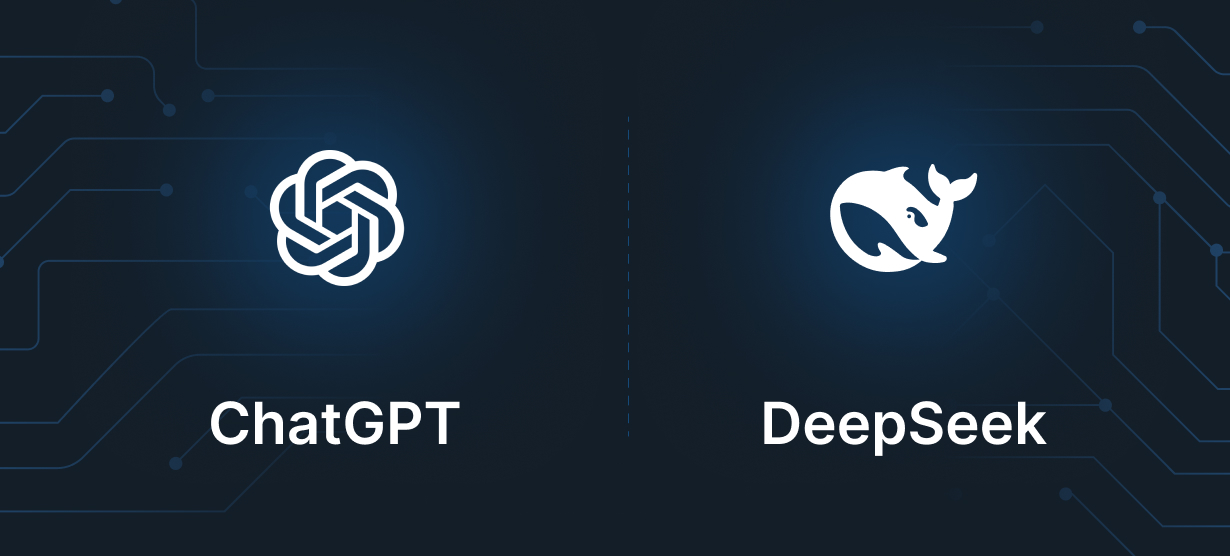




















.png)






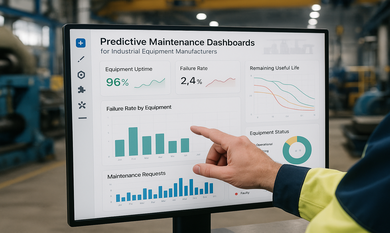





.png)

.png)
.png)
.png)
.png)


.png)
.png)
.png)
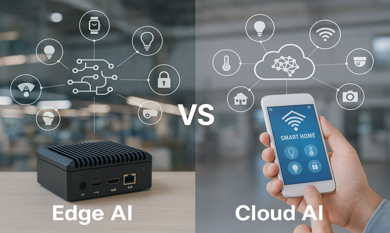
.png)



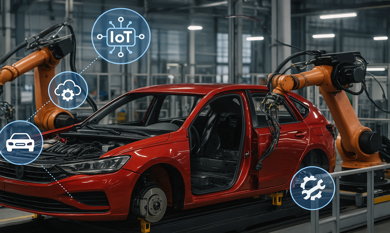


.png)
.png)




